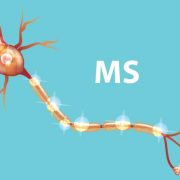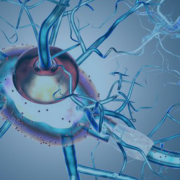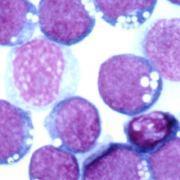Tag team gut bacteria worsen symptoms of multiple sclerosis
Multiple sclerosis is an autoimmune disease in which the immune system attacks the myelin that covers the nerve cells of the brain and spinal cord. Demyelination affects how rapidly neurons communicate with each other and with muscles, causing a variety of symptoms including numbness, weak muscles, tremors, and the inability to walk. Gut microorganisms have been reported to affect symptoms of multiple sclerosis, but how bacteria in the intestines can affect myelin of the brain and spinal cord remained a mystery.
Researchers led by Hiroshi Ohno at RIKEN IMS set out find this connection using a mouse model of the disease. These mice experience similar demyelination of the spinal cord that results from autoimmune attacks by T cells that produce the cytokine IL-17A. However, giving these mice the antibiotic ampicillin reduced demyelination. The treatment also prevented the activation of a particular type of T cell. As Ohno explains, “we found that treatment with ampicillin, and only ampicillin, selectively reduced activity of T cells that attack an important protein called myelin oligodendrocyte glycoprotein [MOG], which helps myelin stick to neurons.”
Release date: 27 August 2020
Source: RIKEN









